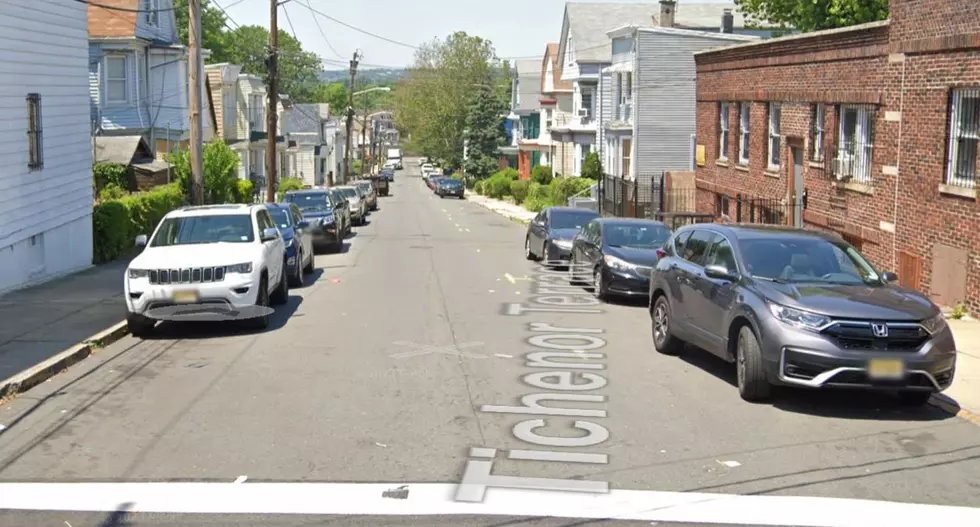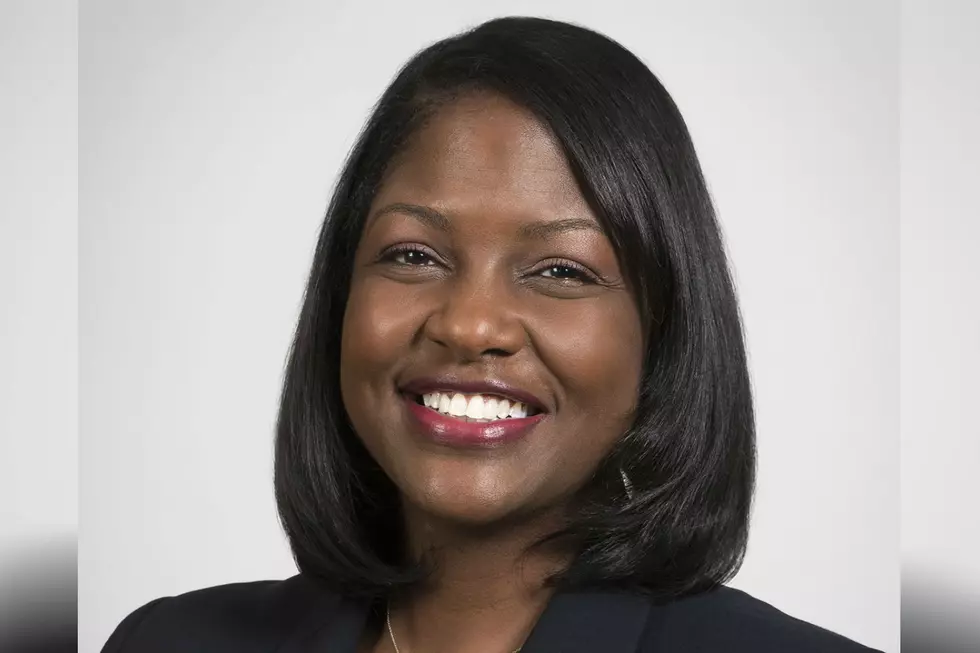
NJ town shamed into ending lawsuit against senior citizen who asked for public records
IRVINGTON — Municipal officials have dropped a lawsuit against an 82-year-old resident they had accused of making too many public-records requests and "bullying" township administrators.
After Elouise McDaniel, 82, went public with the lawsuit that was filed in September, it drew attention from the New Jersey chapter of the American Civil Liberties Union and Hackensack lawyer CJ Griffin, who agreed to represent the retired teacher at no cost.
"We look forward to Irvington dismissing this case, but it shouldn’t have taken national press coverage and the ACLU stepping in for them to back down," Griffin said in a statement. "This lawsuit should have never been filed in the first place. It was clearly an attempt to keep Ms. McDaniel from being civically engaged and 'checking under the hood' of her local government to make sure everything was operating correctly."
"Instead of treating civic engagement as a nuisance, towns should welcome the public’s desire to participate in government and improve their communities," she said.
OPRA requests were a "burden"
The legal complaint said McDaniel's OPRA requests had become "unduly burdensome, time-consuming and expensive." It sought a court order preventing her from filing additional "meritless complaints."
McDaniel, who once ran for mayor, was also accused of filing 20 "frivolous letters and complaints" of misconduct against township employees with agencies ranging from the U.S. Senate and the governor's office to local and state prosecutors.
Under the state's Open Public Records Act, people have the right to request a multitude of documents and data from public entities such as municipal and county governments and school districts. There is no limit on the number of requests that can be filed.
In most cases, custodians of records are required to answer the requests within seven business days by either providing the documents or requesting more time to comply. Agencies that unlawfully deny access to records can be sued in Superior Court and end up paying the plaintiffs' legal fees.
Why was the lawsuit dropped?
Mayor Tony Vauss on Friday morning did not respond to New Jersey 101.5's request for more information about the township's decision.
In a statement to NJ.com, Vauss said the lawsuit had merit but wanted to avoid the appearance that the township was retaliating or discriminating against a resident. He said the township will respond to OPRA requests as best it can.
John Paff, an activist who has filed hundreds of public records requests in New Jersey over the years and who runs the website TransparencyNJ.com, wasn't surprised the lawsuit was dropped.
"It shouldn't have been brought in the first place. I can't imagine what Irvington officials must have been thinking when they decided to sue this lady," Paff told New Jersey 101.5.
Under the state's Open Public Records Act, people have the right to request a multitude of documents and data from public entities such as municipal and county governments and school districts.
In most cases, custodians of records are required to answer the requests within seven business days by either providing the documents or requesting more time to comply. Agencies that unlawfully deny access to records can be sued in Superior Court and end up paying the plaintiffs' legal fees.
Dan Alexander is a reporter for New Jersey 101.5. You can reach him at dan.alexander@townsquaremedia.com
Click here to contact an editor about feedback or a correction for this story.
2022 Seaside Heights Polar Bear Plunge photos
New Jersey's new legislative districts for the 2020s
Final flakes: When does snow season end in NJ?
More From Beach Radio








